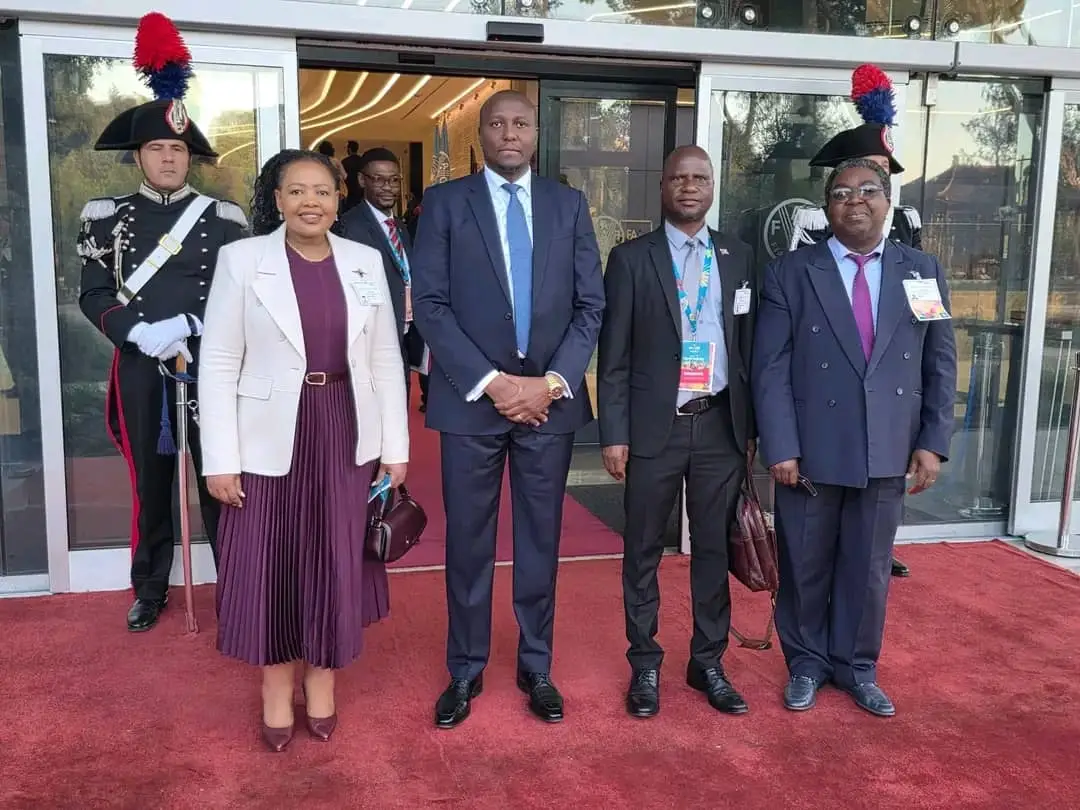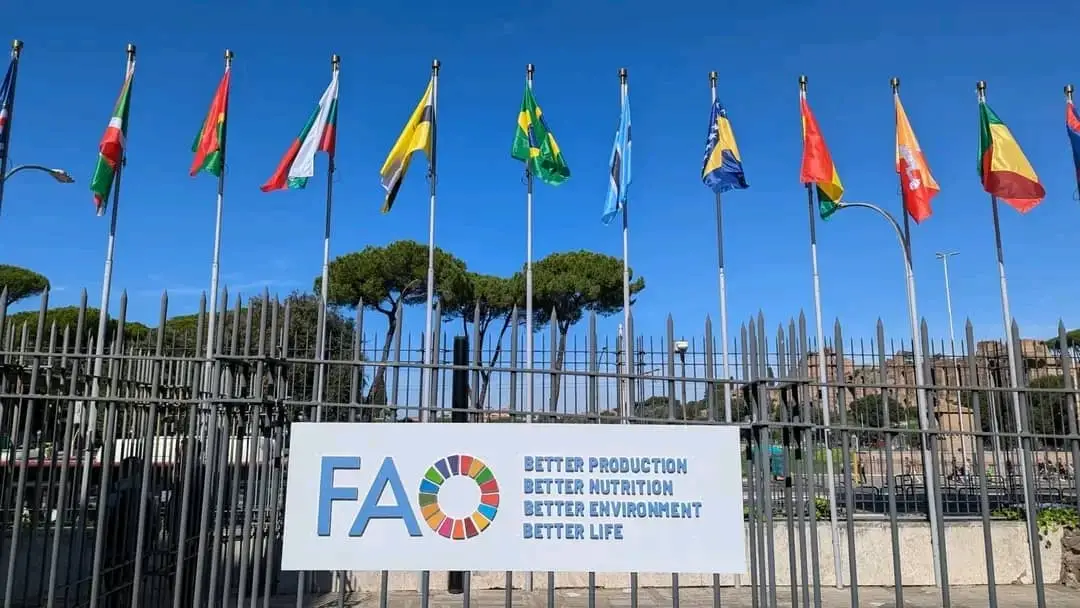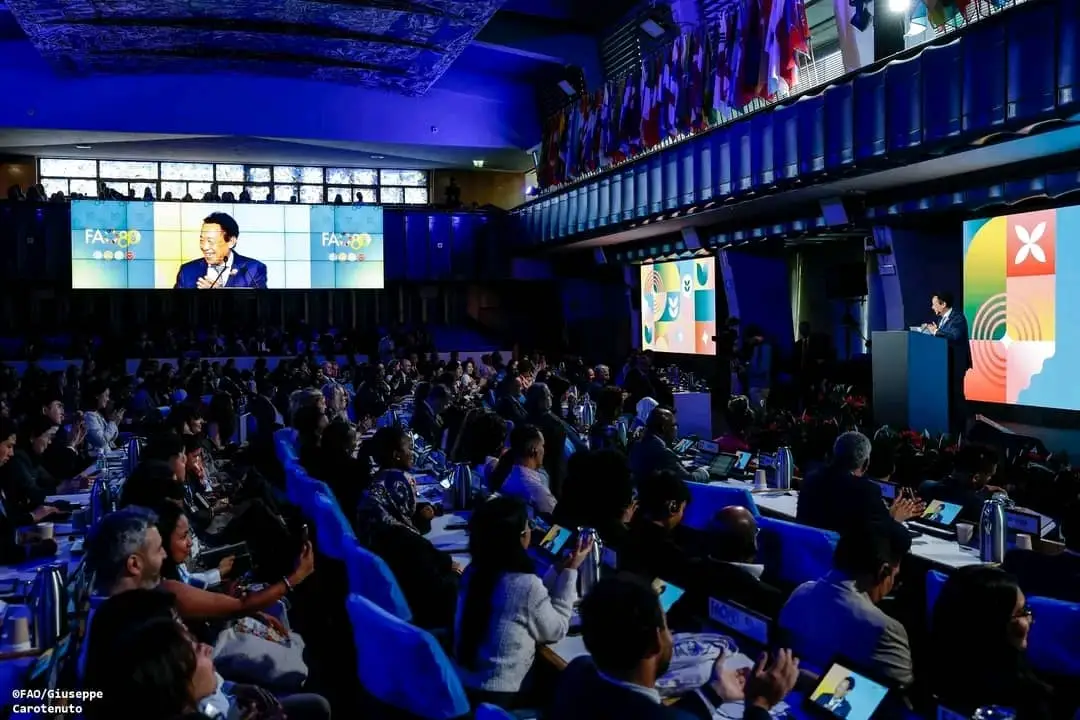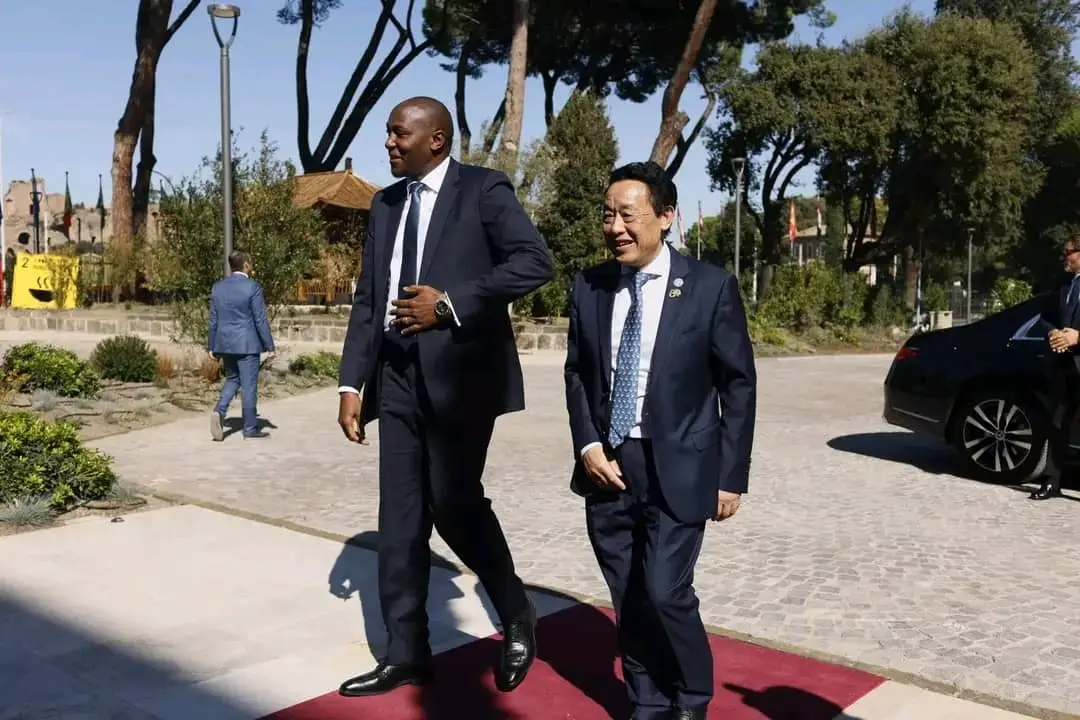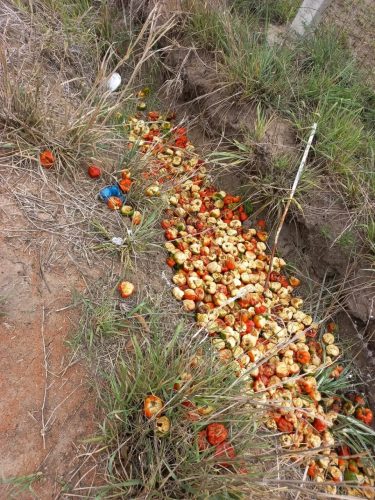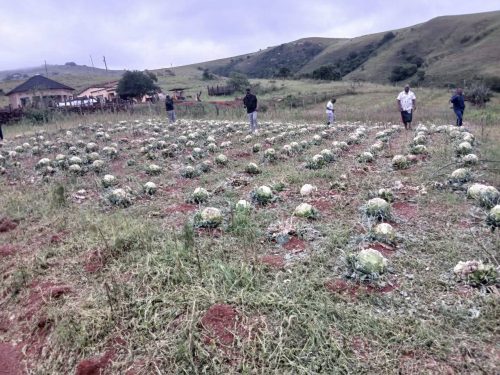BY PHESHEYA KUNENE
ROME, ITALY – His Majesty King Mswati III has urged world leaders, the private sector and development partners to intensify investments in agrifood systems, warning that the global fight against hunger is falling dangerously behind schedule.
Speaking through Prime Minister Russell Mmiso Dlamini at the World Food Forum in Rome, the King painted a sobering picture of a world where conflict, climate extremes and economic shocks continue to choke food production and threaten millions with starvation.
“The main drivers of global food insecurity currently are a convergence of conflict, climate extremes and economic shocks,” His Majesty said, adding that these crises are “exacerbating poverty and limiting access to food, pushing millions into severe levels of hunger and acute malnutrition.”
With urgency in his tone, His Majesty called for a united global front under this year’s theme, “Hand in Hand for Better Foods and a Better Future.”
He reminded delegates that with less than five years before the 2030 Sustainable Development Goals deadline, the world remains off track, especially in achieving Zero Hunger (SDG 2).
“It is deeply saddening that we are still lagging behind,” the King said.
“To reverse this trend, we must act now, with deliberate and coordinated efforts across governance, finance and policy.”
His Majesty emphasised that resilient and inclusive agrifood systems are key to ending hunger, noting that governments must “deploy practical policy instruments and create enabling frameworks for increased investments.”
ESWATINI’S LOCAL ACTIONS
Turning the spotlight to Eswatini, the King highlighted that the country has made progress in transforming its agricultural sector to deliver both nutrition and employment while protecting the environment.
He said Eswatini continues to invest in water harvesting, bulk water storage, and irrigation systems to build resilience among farmers.
Other priorities include boosting access to agricultural finance, adopting modern technology and strengthening logistics and cold chain systems to reduce post-harvest losses.
“These investments are helping Eswatini create a more resilient farming community, one that can adapt, grow and feed the nation sustainably,” he said.
THE REALITY CHECK
The King’s remarks come at a time when food insecurity remains one of the world’s biggest challenges. Global hunger levels are rising amid recurring droughts, economic instability and armed conflicts that cripple supply chains and force millions from their homes.
“Conflicts remain the leading cause of acute food crises,” His Majesty noted.
“They displace populations, disrupt food systems and limit access to aid. Famine is a reality in some areas, and the risk remains high in others.”
A CALL FOR RENEWED COMMITMENT
His Majesty’s message was clear, the time for pledges has passed; it is now time for action. He urged governments and global institutions to treat agrifood systems as the foundation of sustainable development.
“To achieve zero hunger, the world must rethink how food is produced, shared and sustained,” he said.
“Only through shared responsibility, innovation, and compassion can we secure a better future for all.”
As delegates left the conference hall in Rome, one message echoed loud and clear, feeding the world requires more than words; it demands the will to act.

